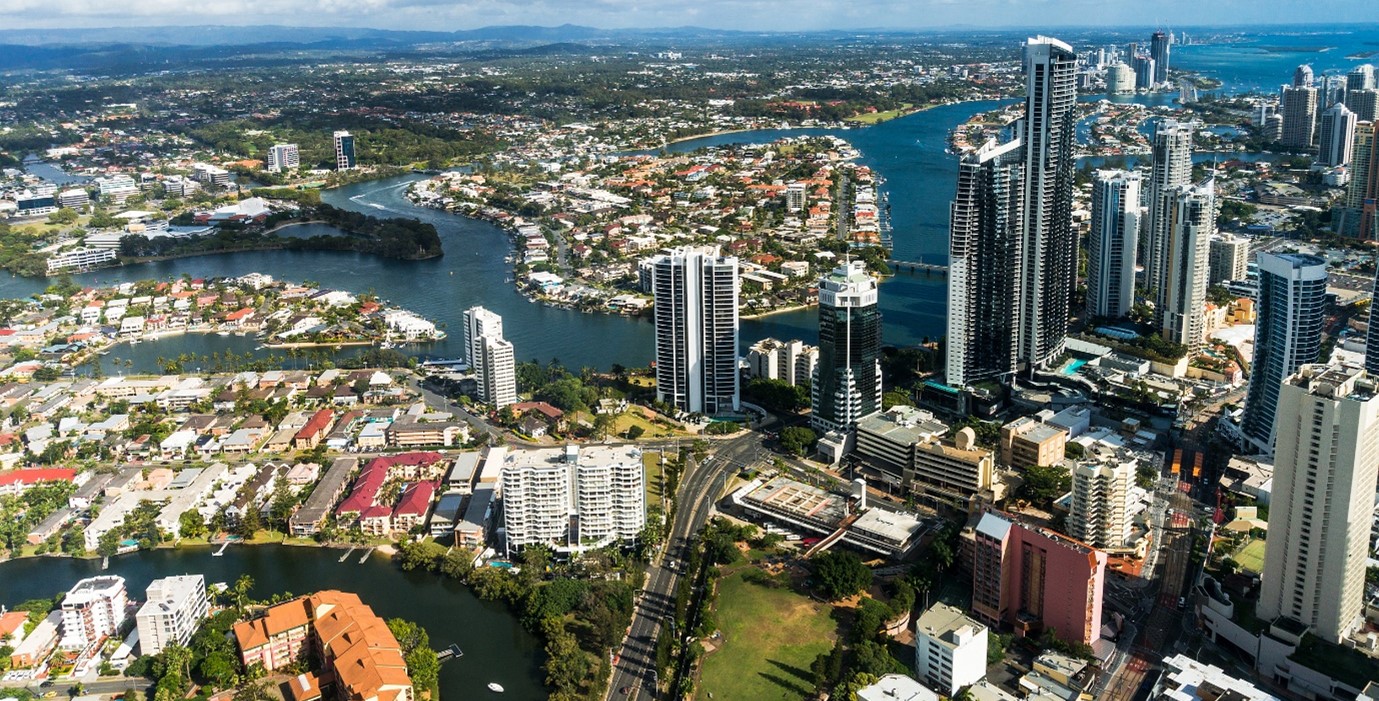The benefits of buying a new property
When compared to older properties, there are several advantages to purchasing a brand-new property. These include:
Reduced maintenance costs: If you’re looking for a low-maintenance investment, a new property may be the way to go. With everything brand new and under warranty, you can avoid costly maintenance and repairs for several years. Older properties tend to require more upkeep and can eat into your profits.
Higher rental income: Newly built properties often come with modern features and amenities that can command higher rental prices. This means you could potentially earn a higher return on your investment compared to older properties in the same location.
Tax benefits: Investing in an off-the-plan property can provide investors with tax benefits such as depreciation. This can pave the way for increased cash flow and help offset the initial cost of the investment and the holding costs.
Potential for capital growth: New properties are often located in developing areas and can have the potential for higher capital growth compared to older properties. As the area grows and develops, your property value increases, resulting in a higher return on investment.

Cons of investing in a new property
Limited opportunity for improvements: Adding value through renovations or improvements is more challenging, potentially limiting your options for increasing the property’s value.
Potential for delays: Off-the-plan properties can often face delays, which could result in your investment taking longer than expected to generate returns. Delays can also lead to additional costs, making it essential to carefully research the developer and their history before committing to an off-the-plan investment.
Pros of investing in an established property
Opportunity to add value through renovations or improvements: This allows for potential increases in rental income and property value. Not only are improvements to an investment property tax-deductible, but they can also attract higher-quality tenants and increase the property’s overall desirability.
Lower upfront costs: As already mentioned, you can negotiate a lower purchase price for an established property. This means you can potentially enter the market sooner with less capital required.
Immediate rental income: Established investment properties may already be tenanted, meaning you can start receiving rental income immediately after the purchase. This can help cover mortgage repayments and other expenses associated with owning an investment property.

Cons of investing in an established property
Potential for hidden issues: Older properties may have underlying issues that can be costly to fix and impact the property’s value. It is essential to get a thorough building inspection before purchasing an established property to avoid any surprises.
Rental return may be lower than off-the-plan properties: Established properties may have a lower rental yield compared to off-the-plan properties, which are often marketed as high-yield investments.
Tenant appeal: As properties age, their appeal to potential tenants may decrease. This can result in longer vacancy periods and lower rental income.
Maintenance costs: Older properties are more likely to require maintenance and repairs, which can eat into your rental income and impact your overall return on investment.
Depreciation benefits may be limited: Unlike new properties, established properties may not have the same level of depreciation benefits available for tax deductions.





